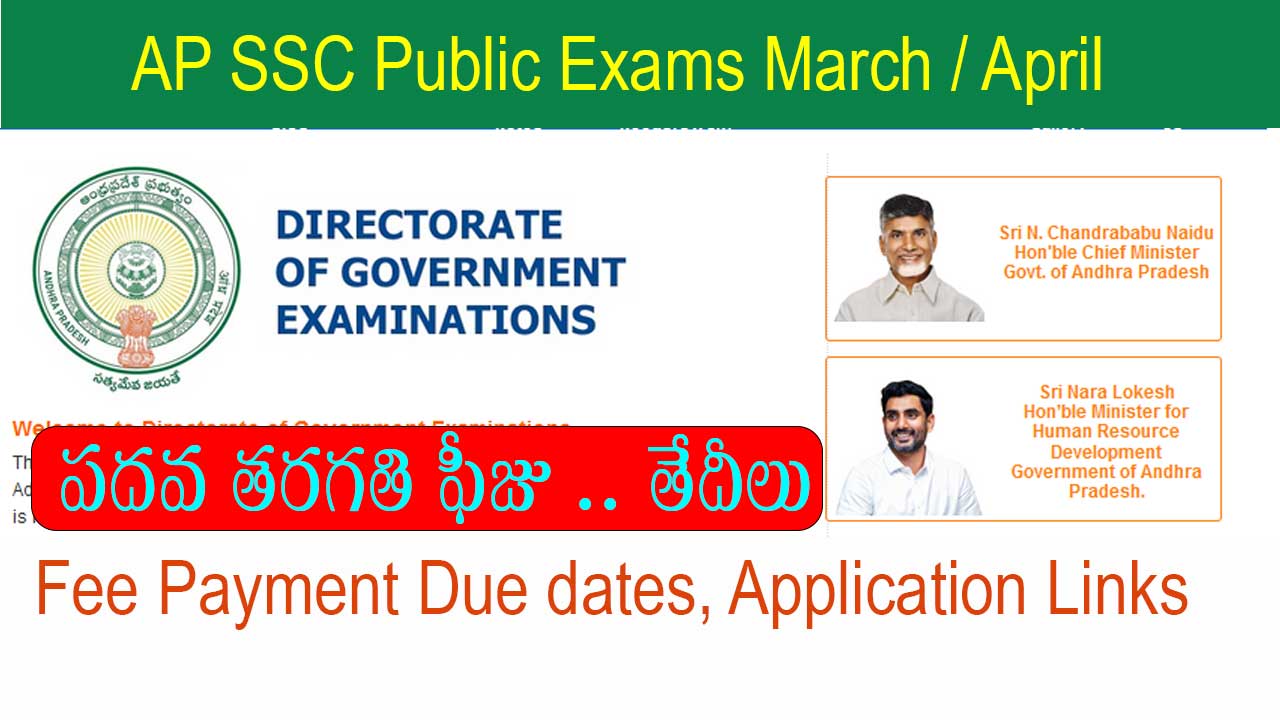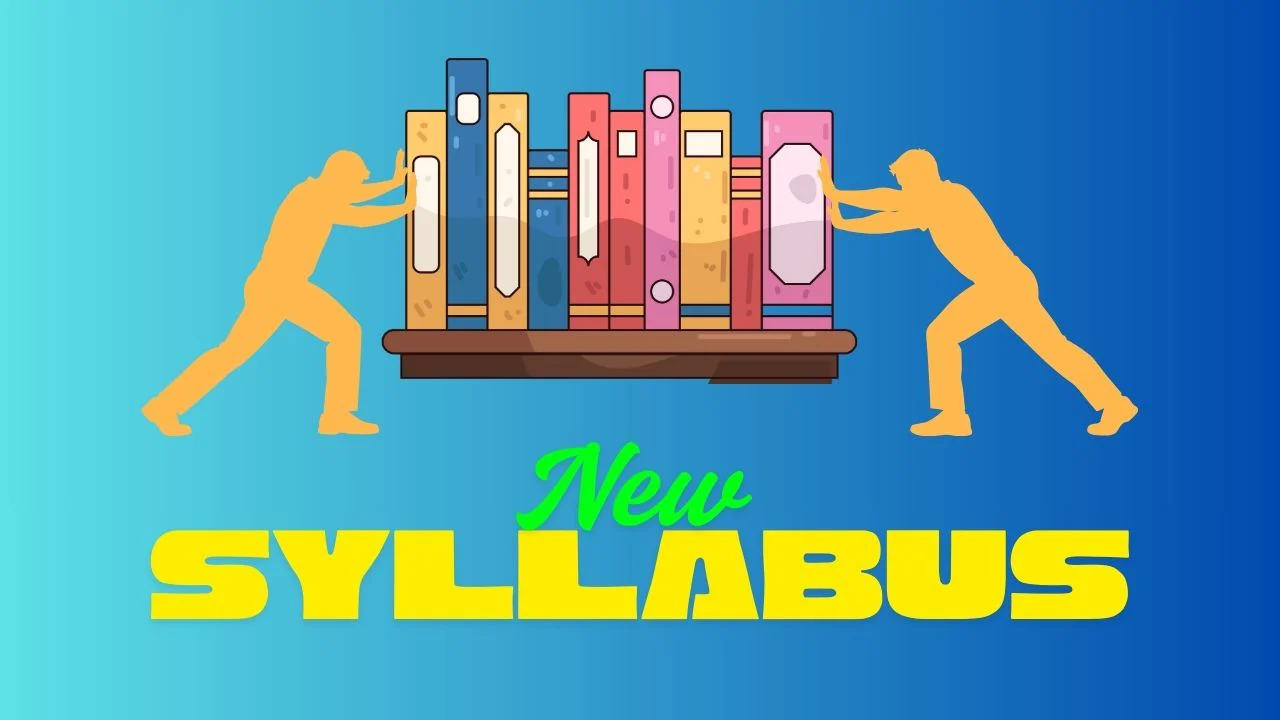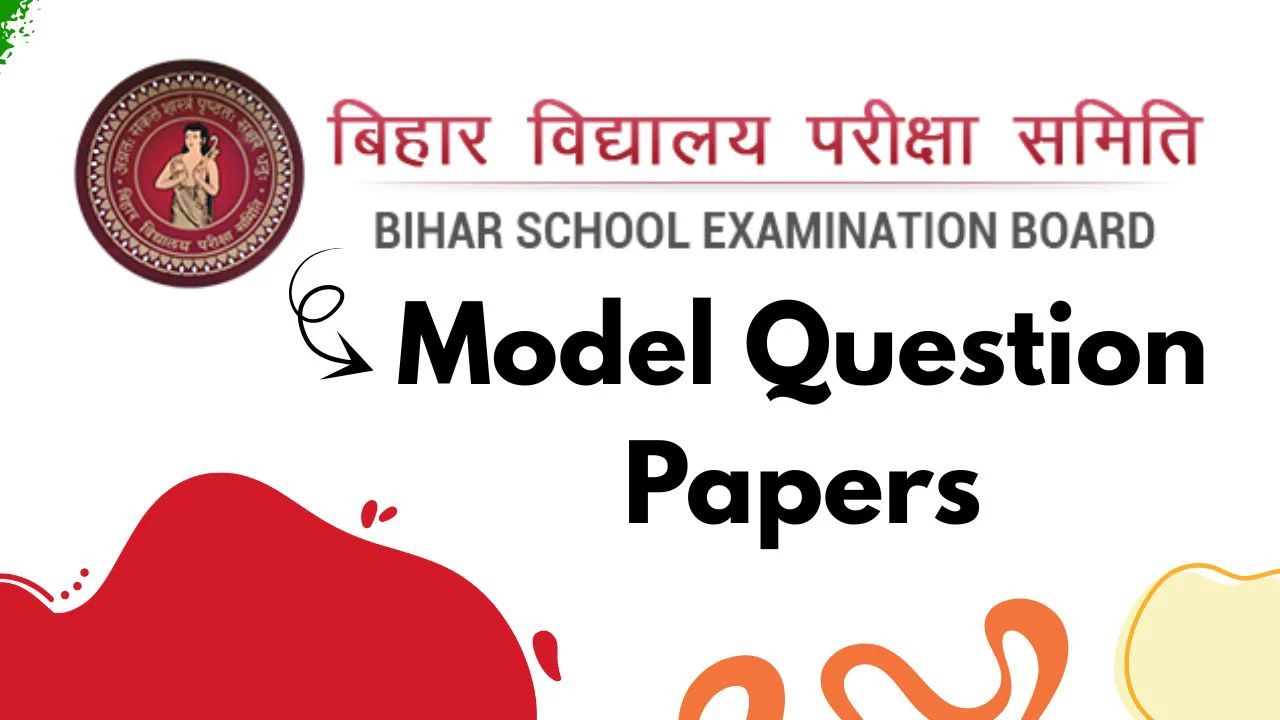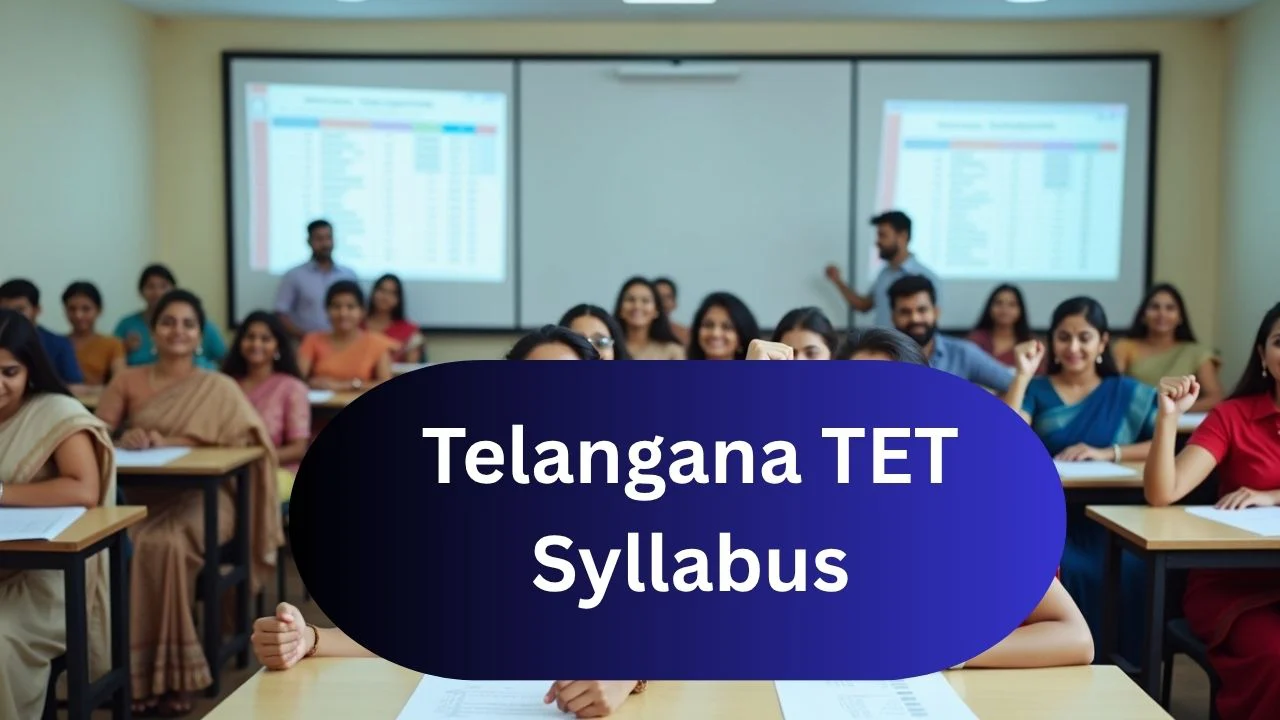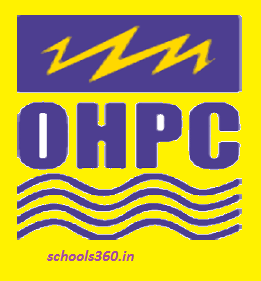TNPSC Group 1 Syllabus 2024 Download: The Tamil Nadu State Government Announced the Notification of TNPSC Group 1 posts recently. The TNPSC Group 1 Syllabus & Exam Pattern 2024 for Prelims and Mains is available on the official website. The Contenders have more time for perfect preparation. We provided The TNPSC Group 1 Syllabus and Exam Pattern 2024 in this Article.
TNPSC Group 1 Exam 2024 Syllabus
| Name of the Organization | Tamil Nadu Public Service Commission (TNPSC) |
| Name of the Exam | TNPSC Group 1 Exam 2024 |
| Name of the Post | · District Registrar · Assistant Commissioner · District Employment Officer · District Registrar of Cooperative Societies · Assist the Director of the Rural Development Dept |
| Application mode | Online |
| Category | Syllabus |
| Job location | Tamil Nadu |
| Selection Process | Prelims, Mains and Interview |
| Job Category | Government |
| Official website | tnpsc.gov.in |
TNPSC Group 1 Prelims Exam Pattern 2024
The Tamil Nadu State Government released notification for the TNPSC Group 1 posts such as District Registrar, Assistant Commissioner, District Employment Officer, District Registrar of Cooperative Societies, and Assistant Director of Rural Development Dept. Group 1 Prelims Syllabus and Exam Pattern can be downloaded from the TNPSC Website or through this website.
| Exam Type | Topics | No of Questions | Max. Marks | Time Duration |
| Objective Type | General Studies | 150 | 300 | 3 Hours |
| Aptitude | 50 | |||
| Mental Ability | ||||
| Total | 200 | 300 | 3 Hours | |
TNPSC Group 1 Mains Exam Pattern 2024
| Exam Type | Part | Maximum Marks | Exam Duration |
| Written Exam (General Studies) | Part 1 | 250 | 3 Hours |
| Part 2 | 250 | 3 Hours | |
| Part 2 | 250 | 3 Hours | |
| Interview & Records | 100 | ||
| Total | 850 | ||
TNPSC Group 1 Prelims Syllabus 2024
UNIT – I General science :
Physics ‐ Universe ‐ General Scientific laws ‐ Scientific instruments ‐ Inventions and discoveries‐National scientific laboratories‐Science glossary‐Mechanics and properties of matter‐Physical quantities, standards and units‐Force, motion and energy‐ electricity and Magnetism ‐ electronics & communications ‐ Heat, light and sound‐Atomic and nuclear Physics-Solid State Physics‐Spectroscopy – Geophysics ‐ Astronomy and space science.
Chemistry Elements and Compounds‐Acids, bases and salts ‐ Oxidation and reduction– Chemistry of ores and metals ‐Carbon, nitrogen and their compounds‐Fertilizers, pesticides, insecticides‐Biochemistry and biotechnology‐Electrochemistry‐Polymers and plastics
Botany Main Concepts of life science cell‐basic unit of life‐Classification of living organism‐Nutrition and dietetics‐Respiration‐Excretion of metabolic waste-Bio-‐ communication
Zoology Blood and blood circulation‐Endocrine system‐Reproductive system‐Genetics the science of heredity‐Environment, ecology, health and hygiene, Biodiversity and its conservation‐Human diseases, prevention and remedies‐Communicable diseases and non-communicable diseases‐Alcoholism and drug abuse‐Animals, plants and human life‐
UNIT II. Current Events
History Latest diary of events – National ‐ National symbols ‐Profile of States‐Defence, national security and terrorism‐World organizations‐pacts and summits‐Eminent persons & places in news‐Sports & games‐Books & authors ‐Awards & honours‐Cultural panorama‐Latest historical events‐ India and its neighbors‐ Latest terminology‐ Appointments‐who is who?
Political Science India’s foreign policy ‐ Latest court verdicts – public opinion ‐ Problems in public elections‐ Political parties and political system in India‐ Public awareness & General administration‐ Role of Voluntary organizations & Govt.,‐ Welfare oriented govt. Schemes, their utility
Geography Geographical landmarks‐Policy on environment and ecology
Economics Current socio‐economic Problems-New economic policy & govt. sector
Science Latest inventions on science & technology ‐ Latest discoveries in Health Science ‐ Mass media & communication
UNIT – III Geography Earth and Universe ‐ Solar system ‐ Atmosphere hydrosphere, lithosphere ‐Monsoon, rainfall, weather, and climate ‐ Water resources ‐ rivers in India ‐ Soil, minerals & natural resources pattern, livestock & fisheries‐Transport & communication geography – population‐density and distribution‐Natural calamities – disaster management‐Climate change ‐ impact and consequences ‐ mitigation measures‐Pollution Control
UNIT – IV History and culture of India Pre‐historic events ‐Indus Valley civilization‐Vedic, Aryan and Sangam age‐Maurya dynasty‐Buddhism and Jainism‐ Guptas, Delhi Sultans, Mughals and Marathas‐Age of Vijayanagaram and the brahmans‐ South Indian history‐Culture and Heritage of Tamil people‐Advent of European invasion‐Expansion and consolidation of British rule‐Effect of British rule on socio-economic factors‐Social reforms and religious movements‐India since independence‐ Characteristics of Indian culture‐Unity in diversity –race, color, language, custom‐ India‐as secular state‐Organizations for fine arts, dance, drama, music‐Growth of rationalist, Dravidian movement in TN‐Political parties and populist schemes – Prominent personalities in the various spheres – Arts, Science, literature and Philosophy – Mother Teresa, Swami Vivekananda, Pandit Ravishankar, M.S.Subbulakshmi, Rukmani Arundel and J.Krishnamoorthy etc.
UNIT – V INDIAN POLITY Constitution of India ‐ Preamble to the constitution ‐ Salient features of constitution ‐ Union, State and territory ‐ Citizenship‐rights amend duties ‐ Fundamental rights ‐ Fundamental duties ‐ Human rights charter ‐ Union legislature – Parliament ‐ State executive ‐ State Legislature – assembly ‐ Status of Jammu & Kashmir ‐ Local government – panchayat raj – Tamil Nadu ‐ Judiciary in India– The rule of law/Due process of law ‐ Indian federalism – center – state relations ‐ Emergency provisions ‐ Civil services in India ‐ Administrative challenges in a welfare state ‐ Complexities of district administration ‐ Elections ‐ Election Commission Union and State ‐ Official language and Schedule‐VIII ‐ Amendments to the constitution ‐ Schedules to the constitution ‐ Administrative reforms & tribunals‐ Corruption in public life ‐ Anti-corruption measures – Central Vigilance Commission, lok‐adalats, Ombudsman, Comptroller and Auditor General of India. ‐ Right to information ‐ Central and State Commission ‐ Empowerment of women‐ Voluntary organizations and public grievances redressal ‐ Consumer protection forms
UNIT – VI INDIAN ECONOMY Nature of Indian economy ‐ Five‐year plan models‐ an assessment ‐ Land reforms & agriculture ‐ Application of science in agriculture ‐ Industrial growth ‐ Capital formation and investment‐Role of public sector & disinvestment‐Development of infrastructure‐ National income ‐ Public finance & fiscal policy ‐ Price policy & public distribution‐ Banking, money & monetary policy ‐ Role of Foreign Direct Investment (FDI) ‐ WTO‐globalization & privatization ‐ Rural welfare oriented programs ‐ Social sector problems – population, education, health, employment, poverty ‐ HRD – sustainable economic growth‐ Economic trends in Tamil Nadu ‐ Energy Different sources and development ‐ Finance Commission ‐ Planning Commission ‐ National Development Council
UNIT – VII INDIAN NATIONAL MOVEMENT National renaissance‐ Early uprising against British rule‐1857 Revolt‐ Indian National Congress ‐ Emergence of national leaders‐ Gandhi, Nehru, Tagore, Netaji ‐Growth of militant movements ‐Different modes of agitations‐Era of different Acts & Pacts‐World war & final phase struggle ‐ Communalism led to partition‐ Role of Tamil Nadu in freedom struggle ‐ Rajaji, VOC, Periyar, Bharathiar & Others ‐ Birth of political parties /political system in India since independence
UNIT – VIII – APTITUDE & MENTAL ABILITY TESTS Conversion of information to data ‐ Collection, compilation and presentation of data ‐ Tables, graphs, diagrams‐ Parametric representation of data‐Analytical interpretation of data ‐Simplification‐ Percentage‐Highest Common Factor (HCF)‐Lowest Common Multiple (LCM)‐Ratio and Proportion‐Simple interest‐Compound interest‐Area‐Volume‐Time and Work‐ Behavioral ability ‐ Basic terms, Communications in information technology ‐ Application of Information and Communication Technology (ICT) ‐ Decision making and problem-solving
Logical Reasoning Puzzles – Dice ‐ Visual Reasoning‐ Alphanumeric Reasoning-Number Series ‐ Logical Number/Alphabetical/Diagrammatic Sequences
Download TNPSC Group 1 Syllabus and Exam Pattern
| Official Website | Click Here |
| TNPSC Group 1 Notification 2024 | Click Here |
| Download TNPSC Group 1 Syllabus & Exam Pattern PDF 2024 | Click Here |




